|
|
|
Editor's note
|
|
Recently, 29 words of Nigerian origin were added to the Oxford English Dictionary. Many Nigerians were thrilled by the decision, seeing it as recognition that the unique ways they use the English language were being acknowledged internationally. Kingsley Ugwuanyi, who was involved in the selection process, explains how and why the new words were added and why it reflects well on the ability of English to adapt.
Plans appear to be afoot to hand over Sudan’s former leader, Omar al-Bashir, to the International Criminal Court in The Hague to face charges related to genocide and war crimes. It’s still not clear whether the country’s power military will sanction this move. Even if it does, Kerstin Carlson warns that it might not be the best course of action.
|
Wale Fatade
Commissioning Editor: Nigeria
|

|
|
Top Stories
|

Photo by Bruce Milton Miller/Fairfax Media via Getty Images.
Kingsley Ugwuanyi, Northumbria University, Newcastle
Nigerians can take pride in the recent addition of 29 words of Nigerian origin to the Oxford English Dictionary.
|
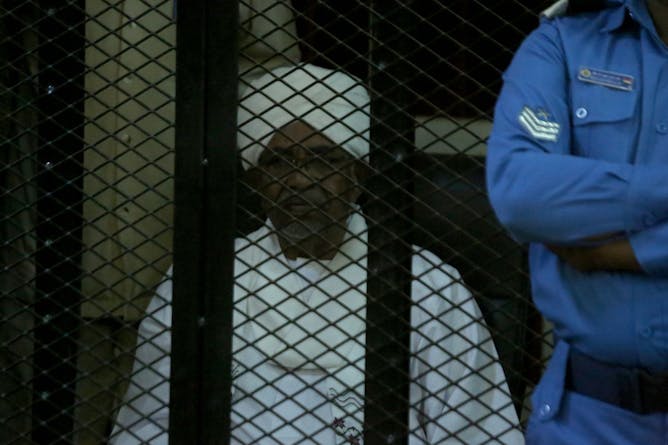
Sudan’s ousted President Omar al-Bashir appears in court in Khartoum on December 14, 2019. He was later sentenced to two years in prison for corruption.
Photo by Mahmoud Hajaj/Anadolu Agency via Getty Images
Kerstin Carlson, University of Southern Denmark
The ICC must not further destroy its credibility by cooperating with the sorts of bad actors who should be before a court themselves.
|
Politics
|
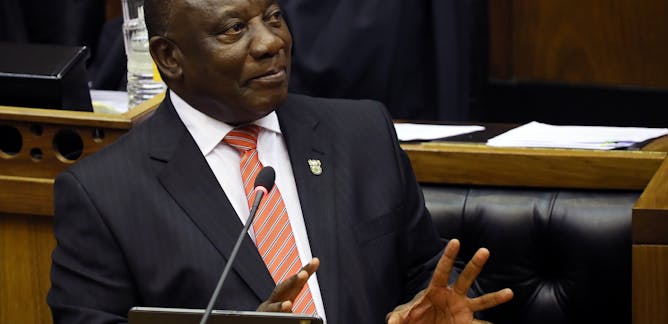
Mcebisi Ndletyana, University of Johannesburg
President Ramaphosa's state of the nation speech showed his preference for less contentious matters that attract praise, rather than catalytic decisions.
| |
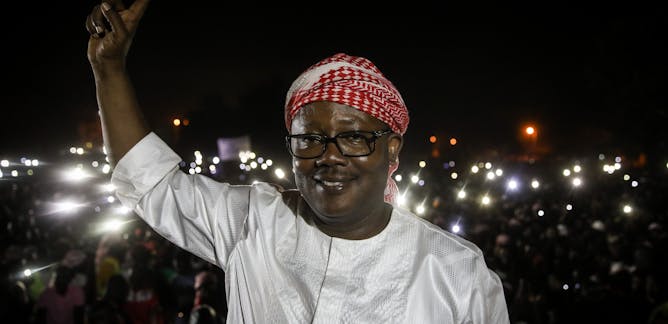
Clayton Besaw, University of Central Florida; Jonathan Powell, University of Central Florida
Coup risk in Guinea-Bissau is likely to decline, but changing leadership presents its own risks.
|
|
|
Arts, Culture and Society
|
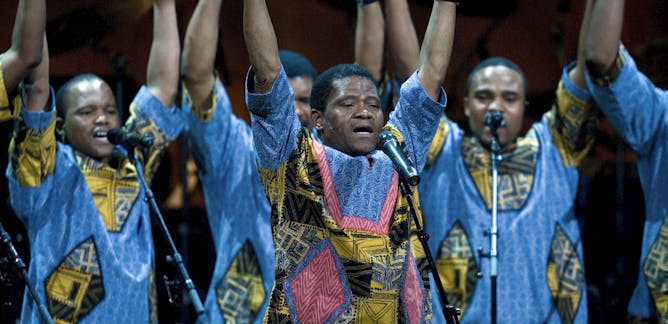
Akhona Ndzuta, University of Fort Hare
The passing of music giant Joseph Shabalala rests heavy on South African hearts - he told the story of black migrants within the apartheid system in a way no-one else did - and achieved global fame.
| |
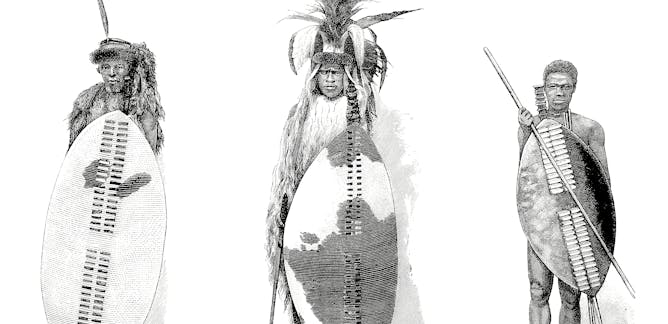
Anné H. Verhoef, North-West University; Hennie A Kruger, North-West University
Decolonising mathematical sciences is possible. The answer lies in rediscovering existing African examples of teaching maths and including them in the Western body of knowledge.
|
|
|
From our international editions
|
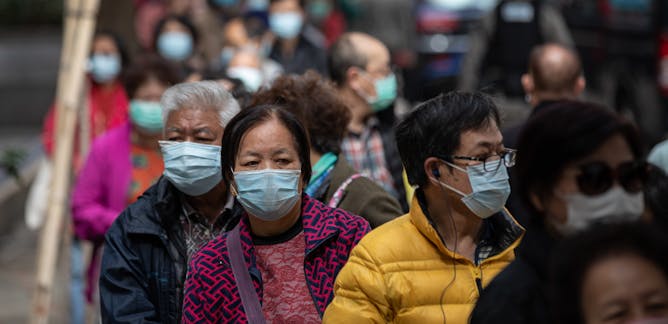
Ian M. Mackay, The University of Queensland; Katherine Arden, The University of Queensland
There's no evidence the new coronavirus is airborne. It appears to spread by larger droplets, direct contact and contaminated surfaces or objects.
| |

Rob Grenfell, CSIRO; Trevor Drew, CSIRO
Researchers around the world are working together to control the coronavirus outbreak, now known as COVID-19. This is what's behind the global effort to develop a vaccine.
|
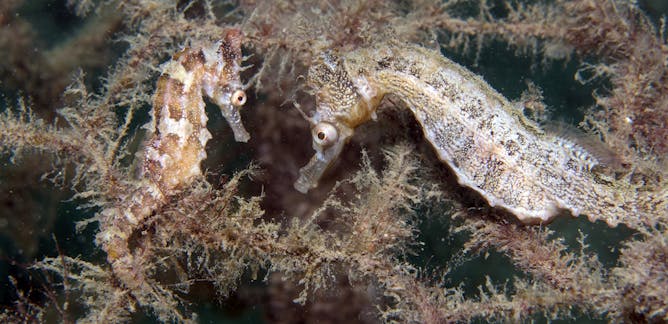
David Harasti, Southern Cross University; Michael Simpson, University of Sydney; Rebecca L. Morris, University of Melbourne; Ross Coleman, University of Sydney
White's seahorse in Sydney uses seahorse hotels as temporary residence while their natural habitats recover.
| |
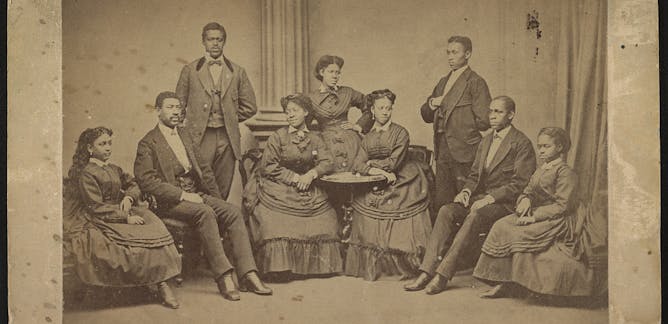
Donna M. Cox, University of Dayton
Spirituals were created out of the experience of enslaved people in the US. They weren't songs of anger – but of an abiding belief in the victory of good over evil.
|
|
|
| |
| |
| |
| |
Would you like to republish any of these articles?
|
|
It’s free to republish, here are the guidelines.
Contact us on africa-republish@theconversation.com in case you need assistance.
|
| |
| |
| |
| |
|
|
|
|
|
|
|